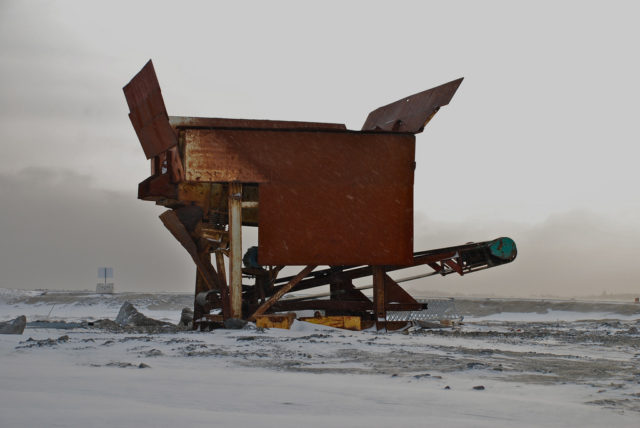
Previously, I’ve described three major trends that make traditional conference formats obsolete:
- No longer knowing in advance what attendees want to learn;
- The rise of online; and
- The massive change in how we learn what we need to know to do our jobs.
Here’s a fourth.
Job obsolescence caused by increasing computer automation
Every adoption of new technology has led to a shift in the world of work. Books and the industrial age fundamentally remade human society. Now the exponentially increasing power of computing is making rapid inroads into professions that have been the safe purview of well-paid workers for centuries.
It’s likely, for example, that in my children’s lifetime (and perhaps mine) we’ll transition to a world where most vehicles drive themselves. In the United States alone, there are currently 3.5 million professional truck drivers who stand to lose their livelihood. Other threatened professions, according to Martin Ford in his book Rise of the Robots: Technology and the Threat of a Jobless Future, include warehouse workers, cooks, lawyers, doctors, teachers, and programmers.
Software and machines will clearly take over some work, which large numbers of humans will never perform again. But recent history also suggests that adding technology to the workplace is likely to transform, rather than eliminate, many jobs. In addition, new jobs will appear that offer alternative work opportunities.
How do we prepare workers for these changes?
“The evidence suggests that while computers are not causing net job losses now, low wage occupations are losing jobs, likely contributing to economic inequality. These workers need new skills in order to transition to new, well-paying jobs. Developing a workforce with the skills to use new technologies is the real challenge posed by computer automation.”
— James Bessen, Why automation doesn’t mean a robot is going to take your job
During the last two or three decades, learning from our peers—on the job, via our social networks, and at conferences— has become far more important than classroom learning. Non-interactive, broadcast-style learning modalities are restricted to standardized knowledge; knowledge that one person believes is valuable for many to know. Peer process allows us to explore and share precisely the kinds of group-resourced knowledge and understanding that is not standardized; knowledge that is uniquely responsive to the just-in-time wants and needs of the group.
Peer conferences, therefore, are what we need to prepare workers for the continuing and accelerating transformation of the work marketplace. As Niels Pflaeging recently put it (paraphrased by Harold Marche):
“´Machines can solve complicated problems. They cannot solve complex, surprising problems’. Valued work is no longer standardized. Therefore a standardized approach for education and training to support creative work is obsolete.”
I’ll repeat that: “…a standardized approach for education and training to support creative work is obsolete.” That means traditional conferences are obsolete. Say goodbye to traditional conferences — and say hello to peer learning!
Photo attribution: Flickr user astrid
